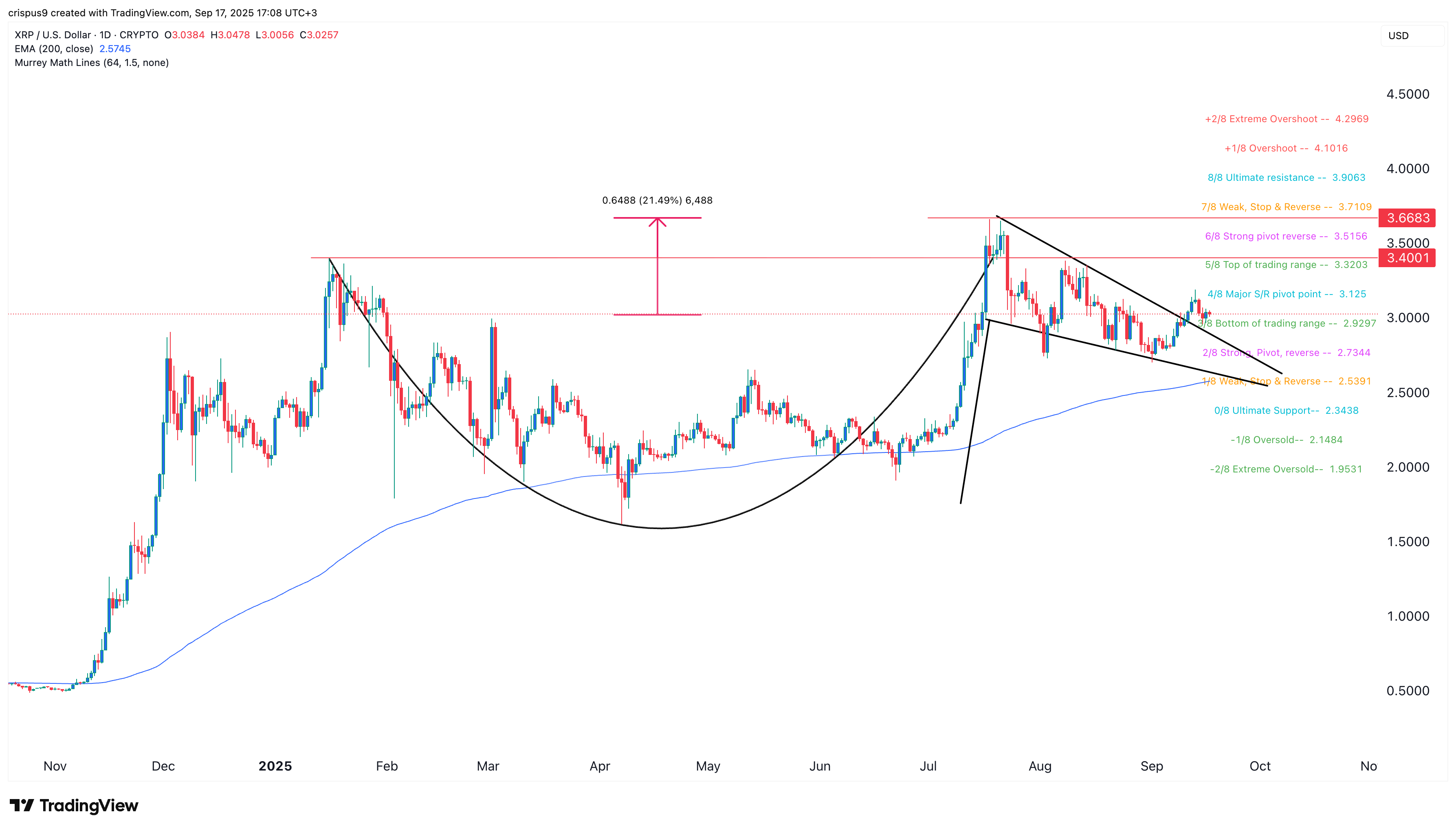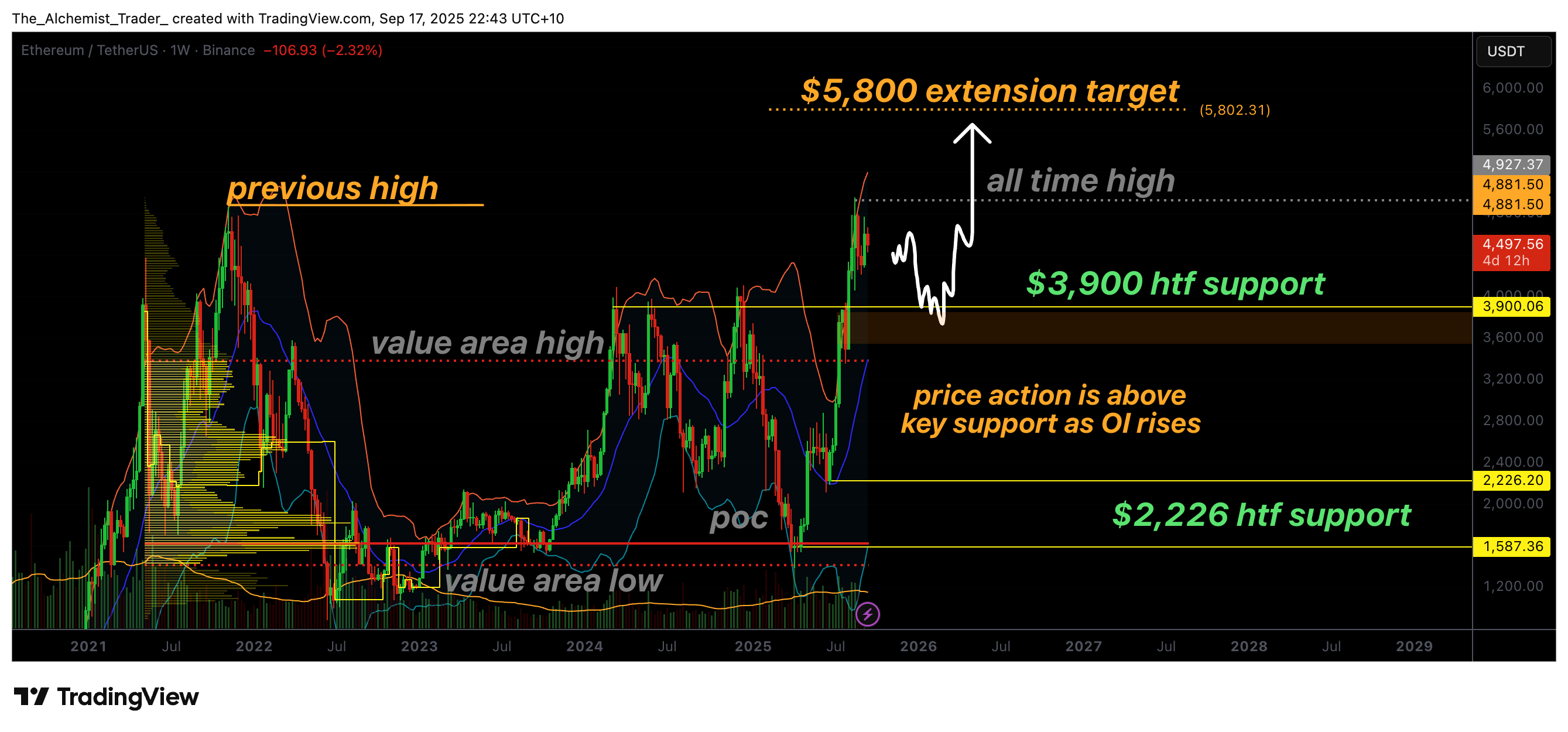Solo bitcoin miner beats odds to mine BTC despite record high difficulty

On June 9, at block height 793,607, a solo bitcoin (BTC) miner successfully mined a block through a mining service provider, solo.ckpool.
Solo bitcoin miner wins
The feat meant that the bitcoin miner received the 6.25 BTC block reward and overcame the high odds against him. At current conditions–and the hash rate at over 390 EH/s as of June 11, it is extremely rare for a solo miner with relatively low hash rate to mine a Bitcoin block.
Observers note that the miner, identified as “151XTfHBfaDqoNWGGeYobNX2YzFFWuB5YD”, likely operated a single S9 miner, which dispensed 17 TH/s.
The obsolete s9 bitcoin mining rig manufactured by Bitmain was released in 2016 and can only be bought in the secondary market. It distributes 13.5 TH/s under optimal conditions but is also very power-hungry.
The true identity of the solo miner cannot be revealed since solo.ckpool seals it. Their bitcoin address is only public, while other details are anonymous.
Ordinarily, a miner operating this gear would only solve a block once every 450 years on average.
Based on the current difficulty of the Bitcoin network, which is at 51T, the probability of success is 1/5,500. Even despite the odds, the extremely low hash rate channeled to solo.ckpool was enough to mine the mining pool its 275th.
Platform for inefficient, old bitcoin miners
Solo.ckpool claims it is not a mining pool. Instead, it describes itself as a service provider allowing solo Bitcoin miners to continue their operations as miners “cannot mine directly to a bitcoin core node.”
In this setup, a solo, regular miner avoids the overheads of running a full bitcoin node that would otherwise demand more storage space and more bandwidth to operate efficiently.
The solo.ckpool infrastructure is tailored for “miners with old/inefficient miners that will never earn any rewards through regular mining that wish to leave it mining as a lottery.”
At the same time, it serves as a “last backup for all miners who don’t have a solo setup or wish to avoid the overheads of running one.” The service provider also adds that if the solo miner successfully mines a bitcoin block, they receive 98% of the block rewards and transaction fees tagged with the block.
The current Bitcoin difficulty, measuring how hard it is to mine a bitcoin block, stands at 51T. Meanwhile, the hash rate fell from 424 EH/s to 390 EH/s on June 11. With the hash rate falling, mining difficulty could follow suit.




